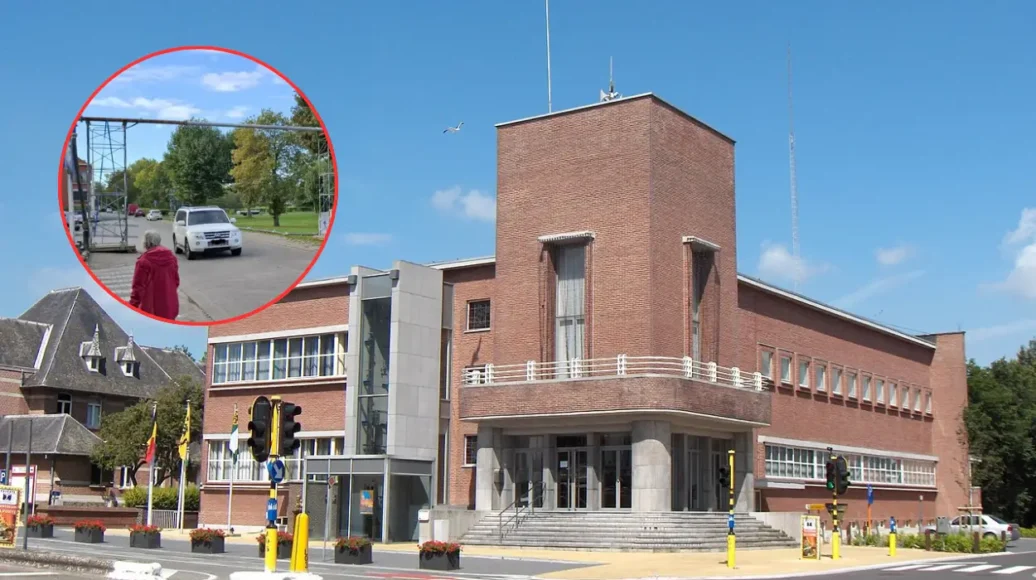
Zelzate (Eurotoday) – Zelzate’s Wittouck redevelopment by Woonmaatschappij Meetjesland includes new homes and underground parking. Contaminated groundwater is treated and discharged via an above-ground pipeline under Aquafin and municipal supervision.
As VRT News reported, Zelzate, in the province of East Flanders, Belgium, is starting a major redevelopment project in the Wittouck neighbourhood. Old social housing will be demolished to make way for new homes.
The plan includes 23 rental houses, 5 homes for sale, 37 apartments, and 48 underground parking spaces. A part of the project is the construction of an underground parking garage. To build it safely, workers must lower the groundwater. Pumps will remove water from the site. This keeps the construction area dry.
How is contaminated groundwater managed at Zelzate’s Wittouck redevelopment?
Officials mentioned that the site faces another challenge. Soil and groundwater tests found harmful substances like PFAS, arsenic, and vinyl chloride. Because of this, pumped water cannot go directly into the Ghent-Terneuzen Canal. It must be cleaned first. The water will go through filtration and other treatment processes to remove dangerous chemicals. Only after this can it be safely released.
Officials stated that even after purification, the pumped groundwater from the Wittouck construction site cannot be released directly into the sewer system. Sewer operator Aquafin allows only 15 cubic meters of water to enter the sewers per hour.
During the pumping for the underground parking garage, almost 3 times this amount is extracted from the wells. Releasing all the water at once would exceed the system’s capacity and cause problems.
Officials considered other ways to handle the water. They looked at letting it seep back into the ground through canals or wadis. This was not possible due to the limited space on the site. The solution was to build an above-ground pipeline to carry the purified water to the Ghent-Terneuzen Canal. The alderman confirmed the pipeline will stay in place until at least the end of November 2025.
In 2025, several construction projects in Belgium had to manage contaminated groundwater. In Hamme, Besix carried out utility line work along an 800-meter section near the fire station. Groundwater had PFAS contamination, so a special purification system was installed to clean the water before it could be released safely.
In the same year, a chemical production site in Belgium found PFAS in its groundwater during a piping replacement. Tests showed 4 micrograms per litre of PFAS, including 3.6 micrograms of PFOS, a persistent chemical. Experts from DESOTEC were hired to remove and purify the substances.













Leave a Reply